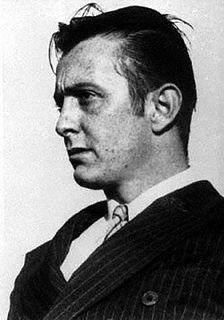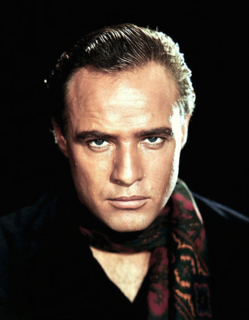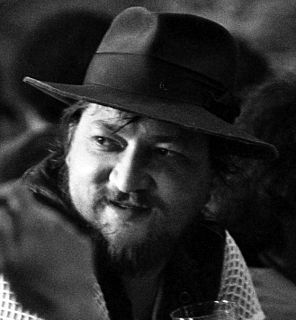A Quote by Susan Sontag
writers are makers, not just transmitters, of myths. Literature offers not only myths but counter-myths, just as life offers counter-experiences - experiences that confound what you thought you thought, or felt, or believed.
Related Quotes
Myths, as compared with folk tales, are usually in a special category of seriousness: they are believed to have "really happened,"or to have some exceptional significance in explaining certain features of life, such as ritual. Again, whereas folk tales simply interchange motifs and develop variants, myths show an odd tendency to stick together and build up bigger structures. We have creation myths, fall and flood myths, metamorphose and dying-god myths.
There is something feeble, and a little contemptible, about a man who cannot face the perils of life without the help of comfortable myths. Almost inevitably some part of him is aware that they are myths and that he believes them only because they are comforting. But he dare not face this thought, and he therefore cannot carry his own reflection to any logical conclusion.


































